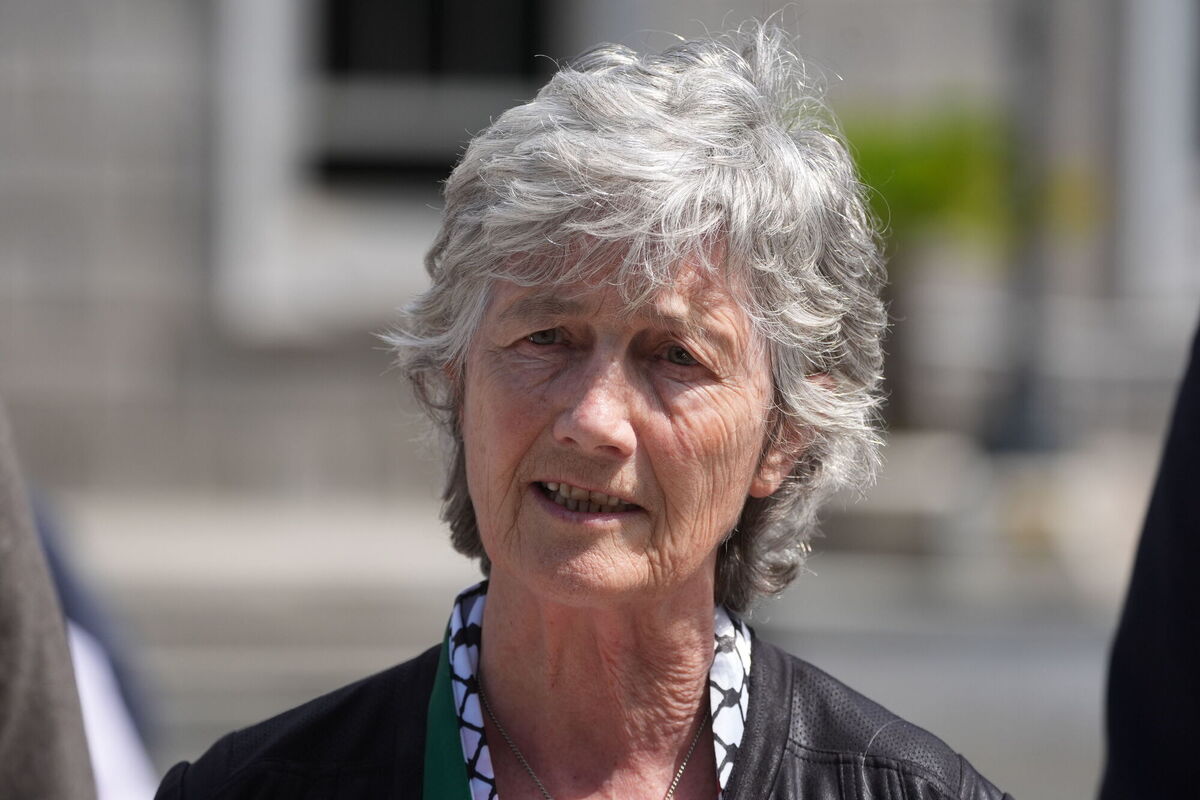Colin Sheridan: Institutional racism wears a necktie

What Diane Abbott has endured — death threats, racial abuse, and now professional exile — is not the price of politics. It is the price of being Black and outspoken in a country that only pretends to be post-racial, but is in fact, racist — at an establishment level at least.
Diane Abbott has become a symbol. Not the type celebrated with flowers or praised from podiums. No, her symbolism is quieter, crueller. She is the canary in Britain’s coal mine of racial hypocrisy. And, as with most canaries, the point is to ignore them until they fall silent.
This week, as the Labour Party — Keir Starmer’s now heavily rebranded Labour Party — tightened its noose around Abbott’s political career, a strange silence has settled over many progressive circles.
You know the kind, we have them here too: those who march when it's fashionable, post hashtags when it's safe, and speak up so long as their pensions and podcast deals remain untouched. These same people who once trumpeted diversity are now quietly stepping over the body of Britain’s first Black woman MP as though she were an inconvenient pothole on the way to Downing Street.
To those of us watching from across the Irish Sea, it may feel like a story happening in a different country, in a different context. But it isn’t. We know this script all too well.
Ireland, for all its misty romanticism and lyrical resistance, has long practiced its own brand of exclusion — quiet, veiled, and expertly executed.
We remember the Magdalene Laundries, the industrial schools, the asylum seeker Direct Provision system (which, let’s not forget, still exists), and our own love affair with punching down on immigrants, Travellers, and anyone who doesn't fit the mould of what it means to be “Irish” in polite company.
We have been both colonised and coloniser, and that dual heritage has left us with a peculiar ability to recognise injustice while simultaneously pretending it’s not our problem.
So, when I see Diane Abbott being tossed aside by her own party — after nearly four decades of service — I don’t see a one-off. I see the same system that tokenised her, that barely tolerated her, now discarding her in full view.
And I see a political class gaslighting her in ways too familiar for comfort. I also see how presidential candidate Catherine Connolly — a similarly combative, principled woman — may well be headed for similar treatment as she launches her campaign for the Áras.

Abbott’s “crime” is, apparently, that she penned a letter in newspaper last year in which she clumsily drew comparisons between antisemitism and other forms of discrimination. For that, she was suspended.
Even after she apologised and retracted her remarks, the Labour Party has found it politically expedient to keep her in purgatory, deciding now — conveniently, cynically — that she may not be “fit” to stand as a candidate.
Where was this same moral absolutism when Labour MPs cavorted with tabloids known for their Islamophobia? Or when party donors quietly lobbied against progressive voices from minority backgrounds?
Abbott’s real crime, let’s be honest, is not what she said in one letter — it’s who she is, and what she represents. A Black woman in a position of power who didn’t know her place.
It’s racism, yes. But a kind that’s more insidious than a slur hurled on the street. It’s institutional racism wearing a necktie. It’s the smile that doesn’t reach the eyes. It’s the “we regret to inform you” email dressed up as due process.
It’s the kind of racism we still see in Ireland, where names not native to the island mysteriously disappear from shortlists, and where politicians of colour are expected to be grateful for the crumbs tossed their way.
There’s a particular Irish familiarity to what’s being done to Abbott. She is being shamed for being 'difficult', for not making herself palatable enough.
We did this to women in our country too — those who spoke up about clerical abuse, about reproductive rights, about economic inequality. We still do. We paint them as emotional, irrational, angry. And then we ignore them.
The Labour Party now says it is the party of equality and inclusion. Starmer parades this line like a shield. But equality without justice is PR. Inclusion without recognition is performance.
And as we Irish sit here, unironically importing British political theatre through our newspapers and podcasts, it would do us good to see this not as a cautionary tale from another shore, but as a mirror.
How many Diane Abbotts have we ignored at home? How many voices of colour have we invited onto panels only to discard once they start speaking inconvenient truths?
Diane Abbott did not break. That’s why she’s dangerous. That’s why they’re trying to erase her now, quietly, like a footnote in a forgotten manifesto. But what she represents — a refusal to conform, to pander, to apologise for existing — is something that must be defended. Not out of pity, but out of solidarity.
In a world that so often rewards silence, Diane Abbott chose to speak. That alone should be enough to keep her seat. And if it isn’t, then maybe it’s not Abbott who’s unfit for public office — but the system that can no longer stomach her presence.






